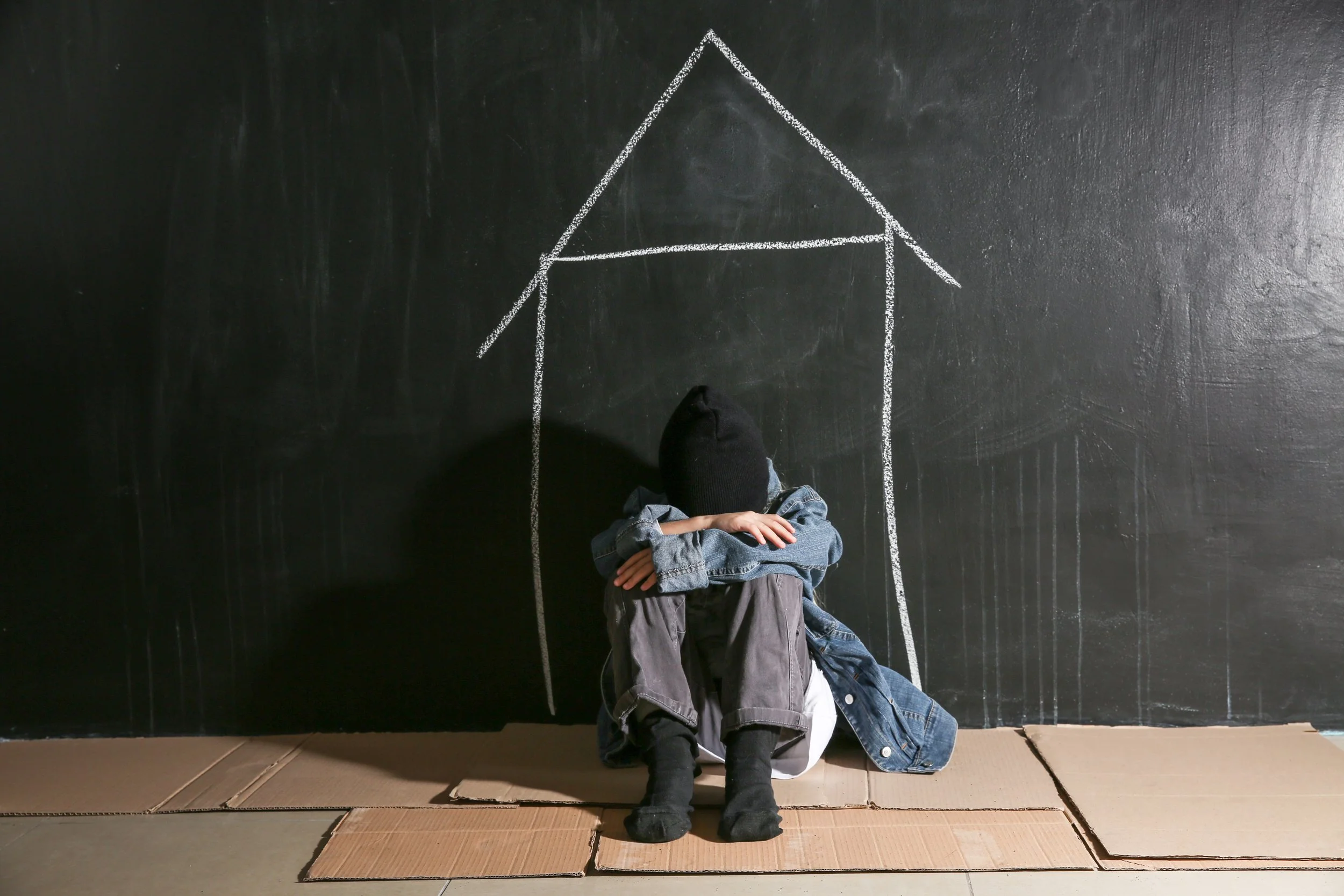Research indicates that systems-impacted youth face high rates of substance use and mental health needs but encounter significant barriers to care. Among ½ year old-year-old youth at their first court contact, 50% report cannabis use and 30% report symptoms indicating a need for mental health treatment.1
Many have experienced multiple adverse childhood experiences, such as parental incarceration and domestic violence2, which increase the likelihood of alcohol use and post-traumatic stress disorder within a year of initial court contact.3 Despite these needs, only 8–16% access behavioral health services.4 Barriers to care are complex, and can include individual, family, and structural factors (e.g., racism and poverty), all of which significantly limit access.5
If you would like to learn more about ways to increase support for systems-impacted youth with behavioral health needs experiencing inequities and/or delays in access to care, please continue to the next lesson to learn more about possible solutions.
-
The behavioral health needs of first-time offending justice-involved youth: Substance use, Sexual risk, and mental health 2019. Tolou-Shams M, Brown LK, Marshall BDL, et al.
The prospective impact of adverse childhood experiences on justice-involved youth’s psychiatric symptoms and substance use 2021. Folk JB, Ramos LMC, Bath EP, et al.
Use of outpatient care by juvenile detainees upon community reentry: Effects of mental health screening and referral 2012. Aalsma MC, Tong Y, Lane K, et al.
Detecting mental disorder in juvenile detainees: Who receives services 2005. Teplin LA, Abram KM, McClelland GM, et al.
Barriers to service provision for justice-involved youth 2018. Kapoor A, Peterson-Badali M, Skilling T.
-
Adverse Childhood Experiences: Also known as ACEs, refers to living through disruptive environmental contexts, separation from one’s caregiver, or potentially traumatic events that happen during childhood or early to middle adolescence (~0-17 years of age). A greater number of lifetime ACEs has been associated with worse behavioral health and (CDC).
Behavioral health services: Treatment and/or interventions for behavioral health needs.
System-impacted youth and families: Youth (and their families) who have had contact with the juvenile legal and/or child welfare system(s) and experienced a change in their life as a result of system contact.


